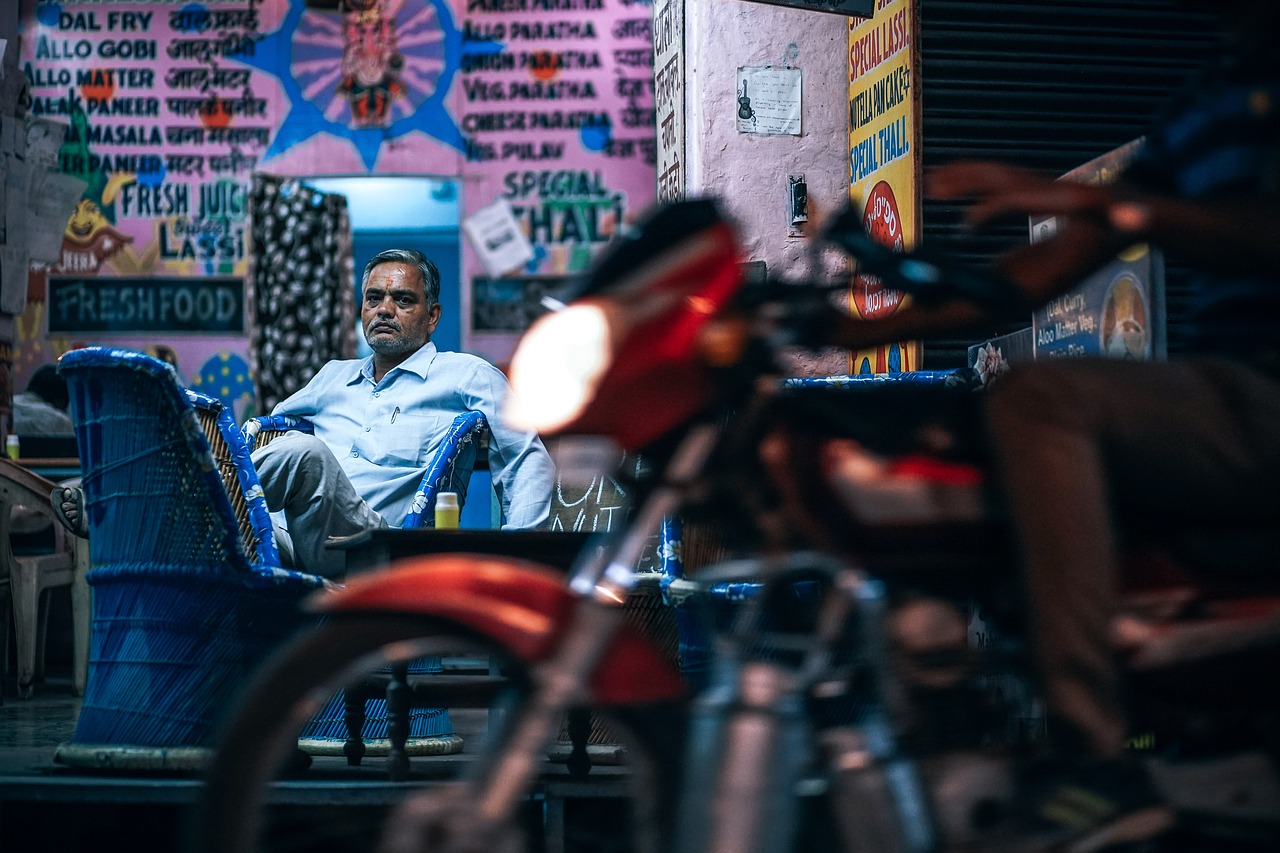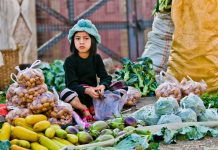
India has fallen into recession for the first time in decades due to the impact of the coronavirus pandemic on Asia's third largest economy.
According to official numbers published on Friday, India's gross domestic product (GDP) decreased by 7.5% in the July to September quarter, compared to the same period in 2019, when the GDP went up by over 4%.
This recent decline follows a record drop in the GDP of almost 24% in April to June, the first quarter of the fiscal year in the country. The two consecutive drops in GDP indicate that India has plunged into recession.
Record GDP fall amid pandemic
In the three months ending in June, official numbers revealed that the economy of India shrank by 23.9% compared with the previous year. This rate was way worse than economists’ forecasts and is deemed to be one of the most severe contractions any country has experienced as a result of the pandemic.
Capital Economics reported that investment went down by a whopping 47% compared with the previous year, while household consumption fell by nearly 27%.
Meanwhile, government consumption went up by 16% but it was not sufficient enough to offset the critical decline in activity in other sectors.
Shilan Shah of Capital Economics pointed out that while this quarter should mark the low point for India’s economy, there are signs that the recovery could be very slow despite the easing of lockdown measures.
Shah said: "The continued rapid spread of the coronavirus will dampen domestic demand. What’s more, the underwhelming fiscal response to the crisis will guarantee a legacy of higher unemployment, firm failures and an impaired banking sector that will weigh heavily on investment and consumption."
Data from Johns Hopkins University indicated that over 3.6 million cases of coronavirus have been recorded in India, with around 64,500 people dying from the pandemic. The spread of the virus has been fast, with the country taking almost six months to record 1 million cases, another three weeks to hit 2 million, and only 16 additional days to hit 3 million.
Current situation and outlook
The Indian Ministry of Statistics said in a statement: "With a view to contain the spread of the Covid-19 pandemic, restrictions were imposed on the economic activities not deemed essential during [the first quarter]."
"Though the restrictions have been gradually lifted, there has been an impact on the economic activities." the ministry added.
Shah mentioned that positive preliminary results from the AstraZeneca vaccine trials is positive news for India as it has one of the largest orders of any country and vaccine production will be done locally.
In a research note, he explained that the vaccine is "the most encouraging sign yet that India has a route to ending its Covid-19 epidemic and the social distancing that continues to weigh on the economy."
However, Priyanka Kishore, head of India and South East Asia economics at Oxford Economics, argued that distribution challenges could mean a vaccine would not be widely available until the second half of 2021.
Regulatory approval of the vaccine may also be delayed due to some concerns over a lack of clarity regarding data from the trials.
Shah added: "Under these circumstances, monetary policy is likely to remain very loose for the foreseeable future, and we think markets are too hawkish in expecting modest rate hikes in 2022."






